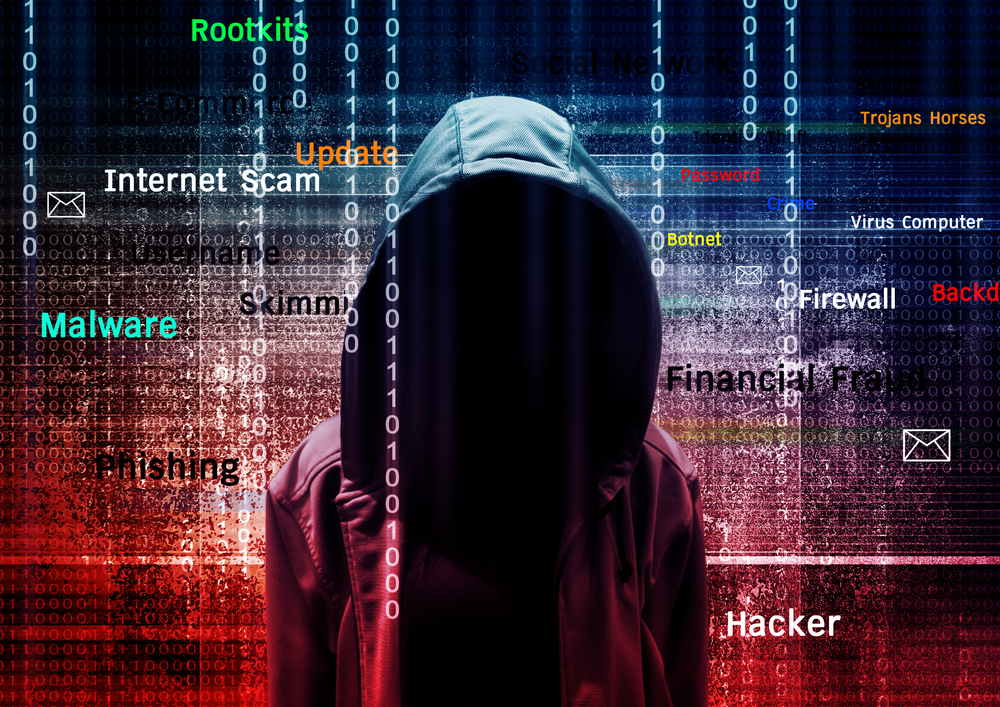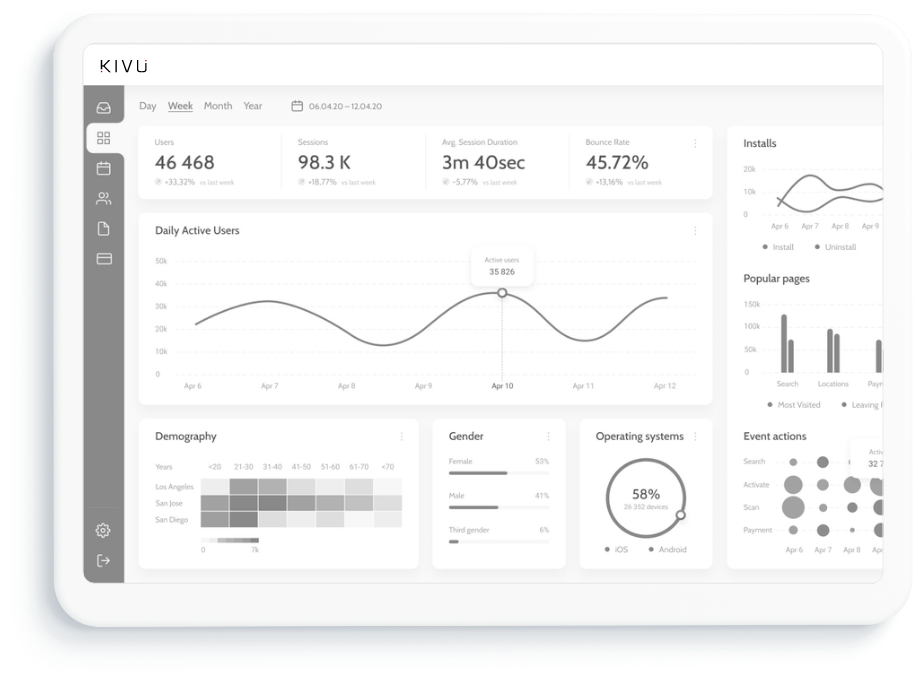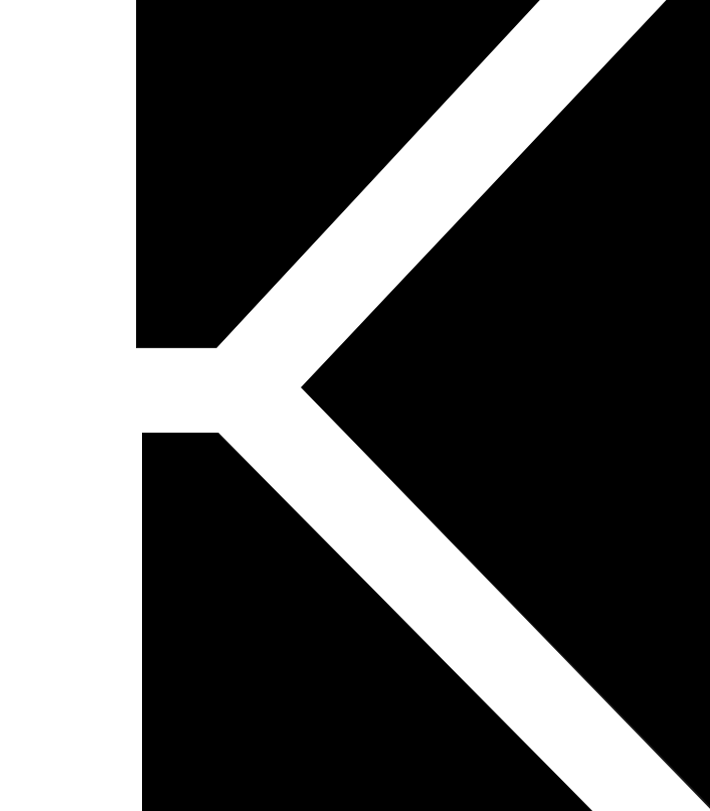Our Services


Response
Rapidly investigate and contain cyberattacks, reduce ransom demands, and recover systems and data.


Managed
Continuously monitor devices & detect and block new cyber threats.


Advisory
Get ready, stay prepared, and strategically & economically drive down cyber risk.
Managed Detection & Response
Resilient organizations will pull through dark times. We’re here to help you with our comprehensive cyber security services.


-
Research
Read Kivu's joint ransomware research paper with Cambridge Centre for Risk Studies.
Learn More



